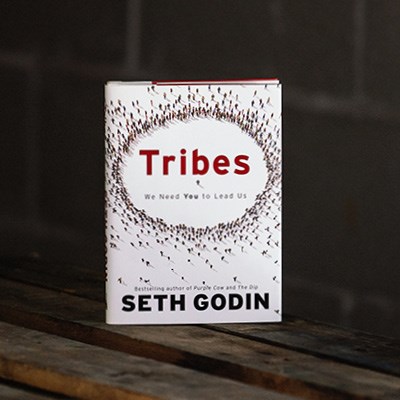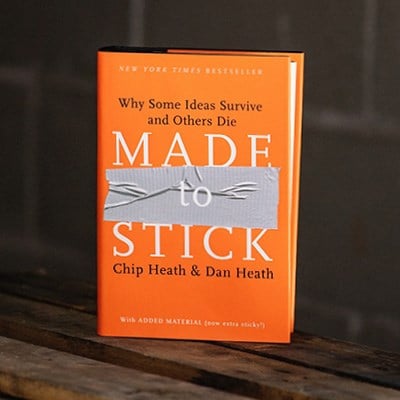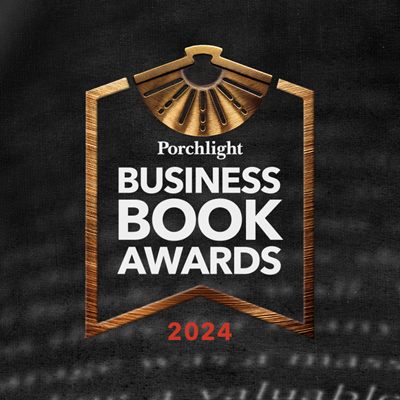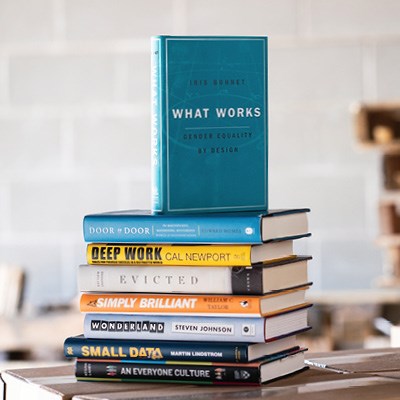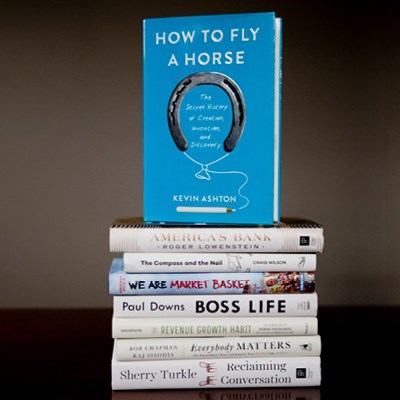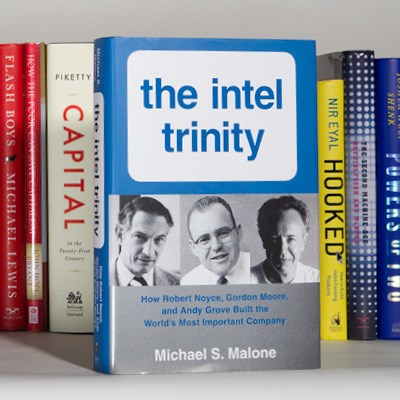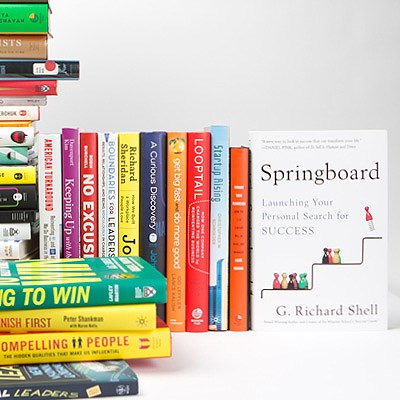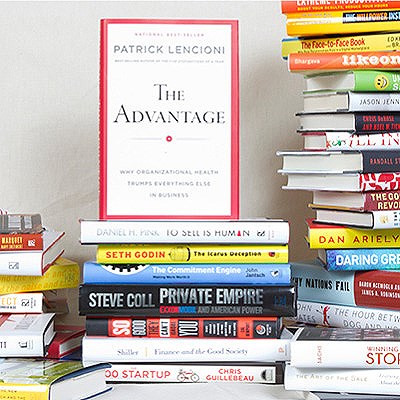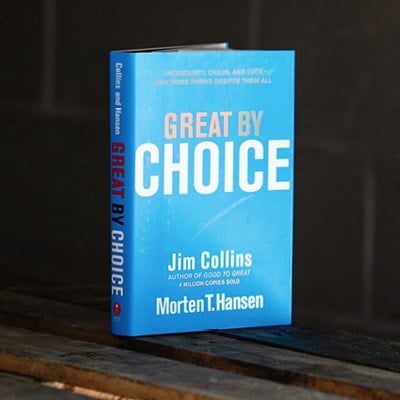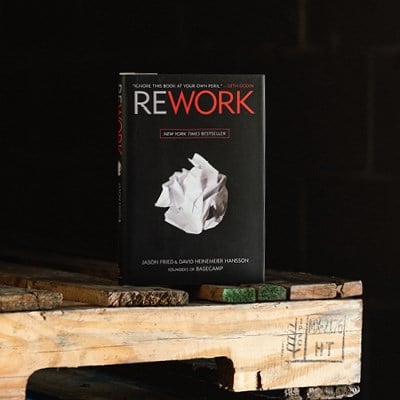The 2009 Business Book Awards

Business Book of the Year
Too Big to Fail: The Inside Story of How Wall Street and Washington Fought to Save the Financial System—And Themselves by Andrew Ross Sorkin | Viking Books
Even though Too Big to Fail was written during the same year the financial collapse occurred, Andrew Ross Sorkin has written what we predict will be the definitive narrative of the subject. Sorkin not only tells a gripping "perfect storm" story—reporting the gory details of how our 401(k)'s disappeared and our financial system became nationalized—but he humanizes the players as well, resulting in an imminently readable, albeit lengthy, book.
It's a sobering reflection and a critical reminder of what transpired in recent financial history. But it is the great stories and detailed, insider information—the sense one gets of being in the room while history is being made—that will place this book among the greats.
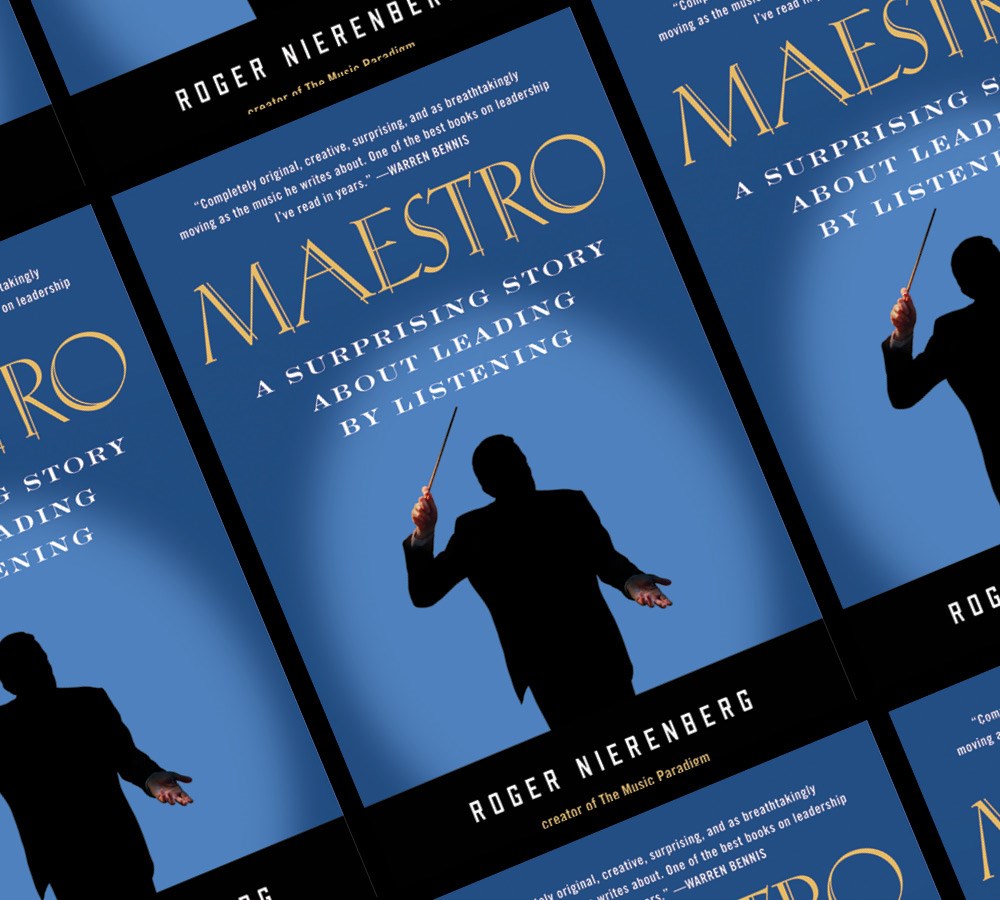
Category Winner
Leadership
Maestro: A Surprising Story About Leading By Listening by Roger Nierenberg | Portfolio
Leadership is something that can be learned. However, the most respected leaders are not textbook cases, but those who wield the necessary traits and knowledge with a very personal sense of purpose. A parable, which Maestro is, is an ideal way to create a scenario for that sense of purpose to develop, as ideas are presented in ways that are interpreted personally by those who read them, rather than listed as bullet points or chapter summaries. By using the metaphor of a conductor and his orchestra, important details are revealed, from interpersonal communication skills, individual efforts to benefit the group, group dynamic to celebrate the individual, and the role that listening (both physically and intuitively throughout all experience) plays in creating the most successful results.
Leadership | Runners Up
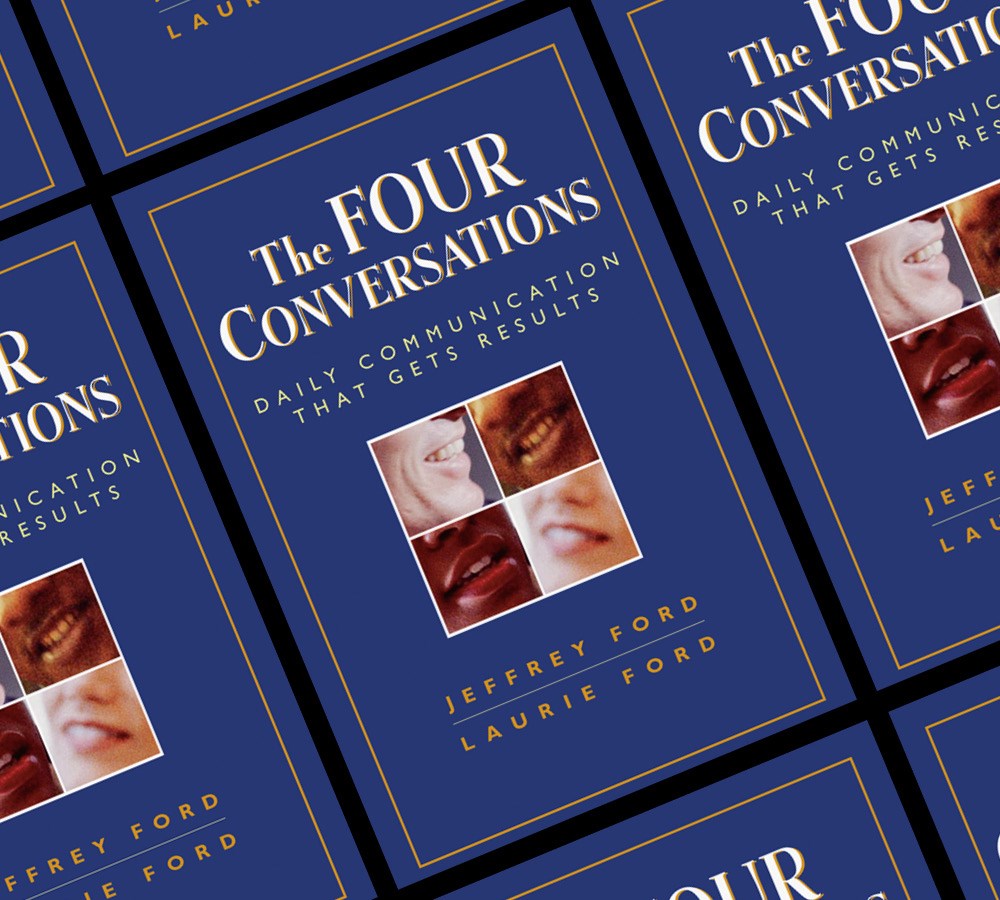
Category Winner
Management
The Four Conversations: Daily Communication That Gets Results by Jeffery Ford & Laurie Ford | Berrett-Koehler
At the core of management is the practiced skill of communication. The Fords present four kinds of conversations and best situations to use each of them. More performance conversations (asking for promises) and less understanding conversations (“Are you OK with all of this?”) are needed, they say.
Management | Runners Up
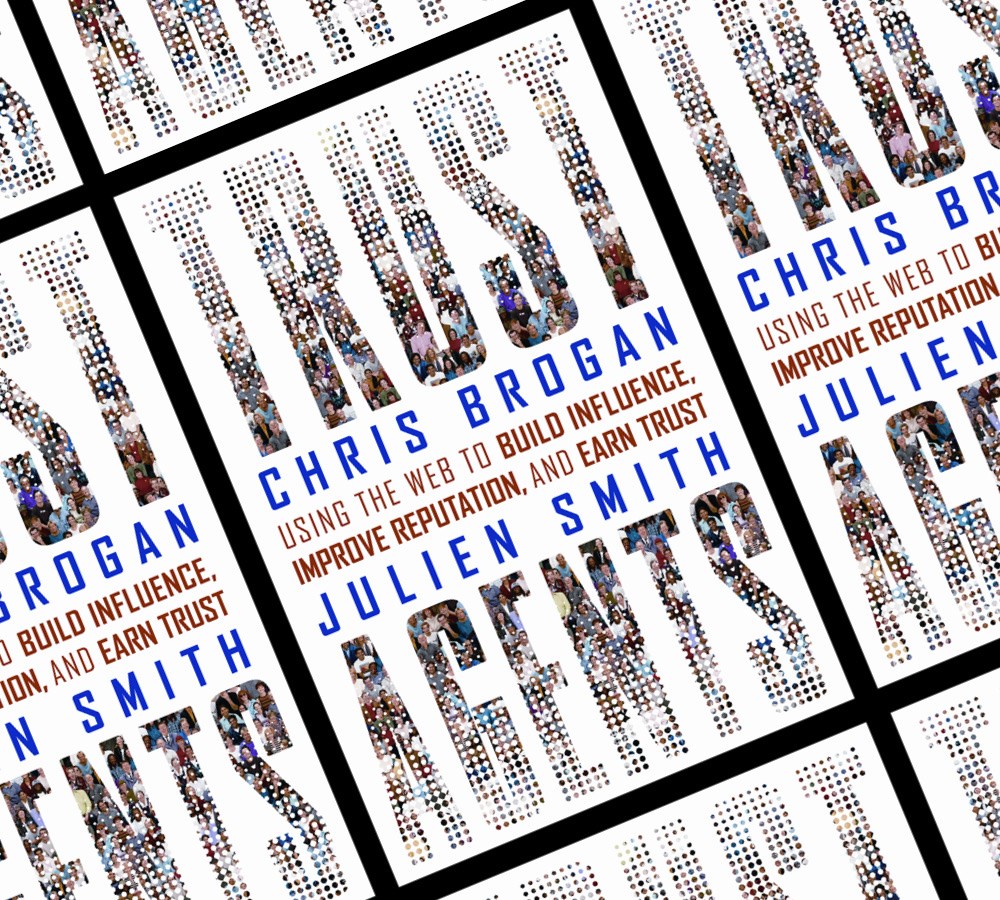
Category Winner
Marketing & Advertising
Trust Agents: Using the Web to Build Influence, Improve Reputation, and Earn Trust by Chris Brogan & Julien Smith | John Wiley & Sons
Social Media took off in big ways this year, and while technology has become an important tool for communication, marketing, and advertising, Trust Agents reels the tech-excitement back in by advocating a not-so-new element that is essential: trust. If the people who put out the messages aren't people we'd like to work with and buy from, their messages, no matter how easy to broadcast, won't hold their weight. It's not about how to master technology, but about being the kind of person or the kind of company that people like to do business with. This book is filled with prime examples, great stories, and hard facts that convince us not to be blinded by innovation as we communicate with our audiences.
Marketing & Advertising | Runners Up
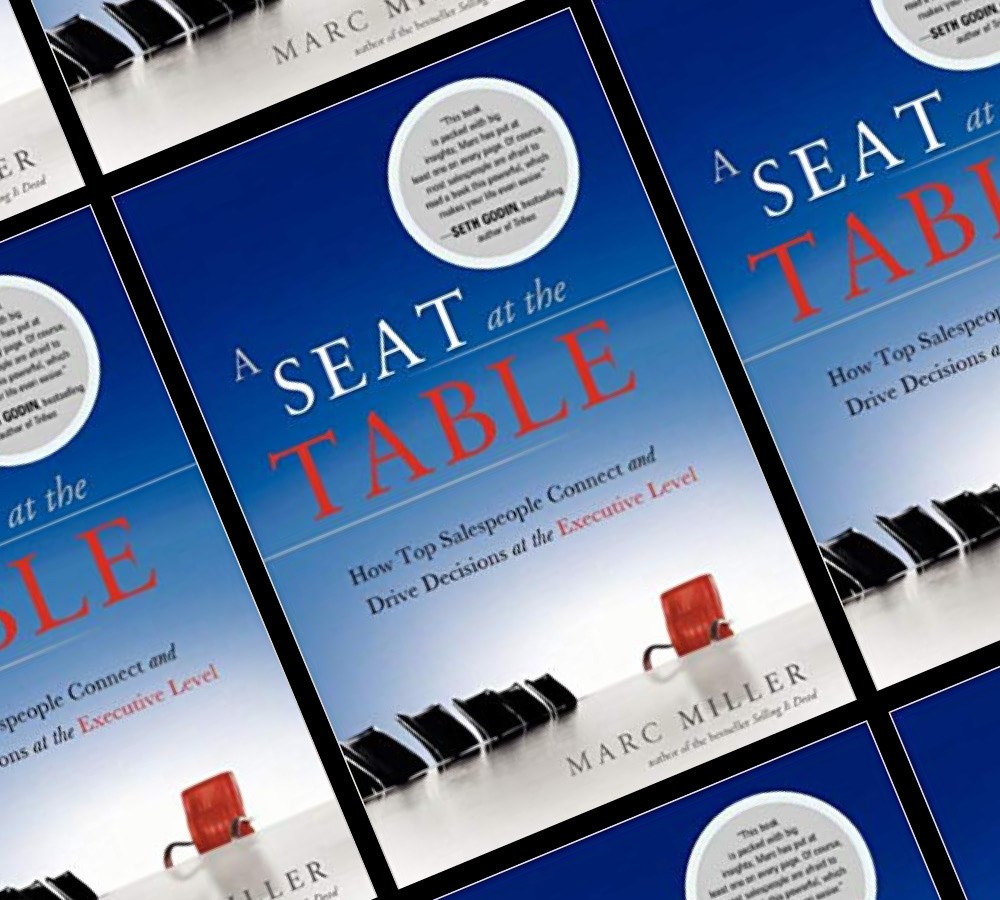
Category Winner
Sales
A Seat at the Table: How Top Salespeople Connect and Drive Decisions at the Executive Level by Marc Miller | Greenleaf Publishing Group
In A Seat at the Table, Marc Miller shows that selling is based on the simple concept that the only thing a customer desires is value. The value this book will have for salespeople is that Miller guides the reader step by step how to provide strategic help for their customers and deliver new and different forms of value.
Sales | Runners Up
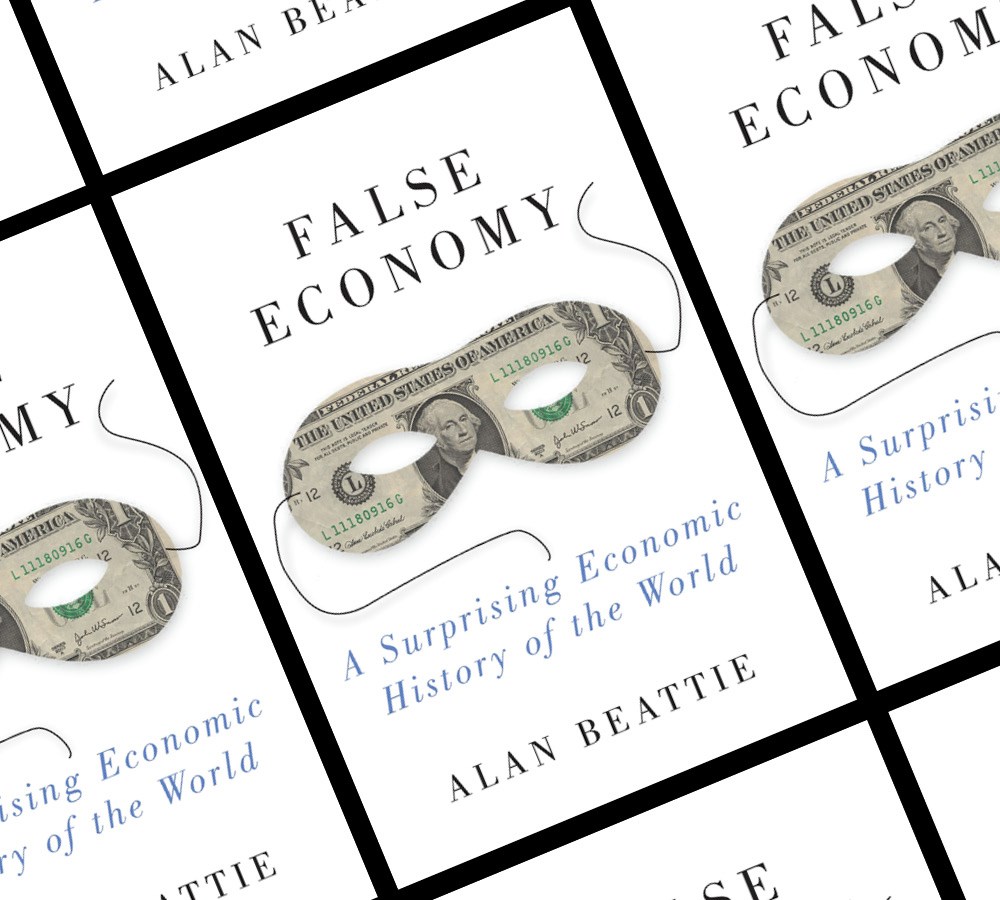
Category Winner
Finance & Economics
False Economy: A Surprising Economic History of the World by Alan Beattie | Riverhead Books
Alan Beattie not only provides engrossing snapshots of mankind's economic history, but he also demonstrates how naturally fragile economies are—and continue to be—and how they are guided by the choices we make, not by some invisible hand. It's a great lesson in these uncertain times that we are, or at least can be, in control of our own economic future.
Finance & Economics | Runners Up
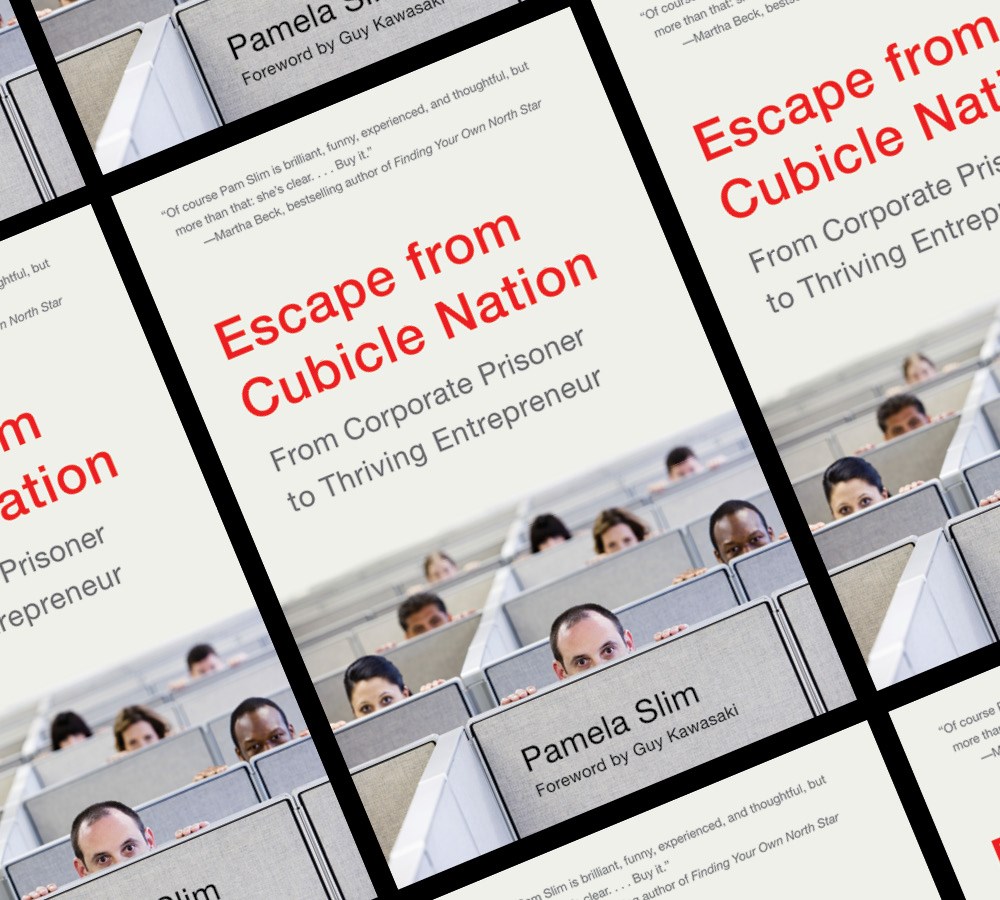
Category Winner
Entrepreneurship & Small Business
Escape from Cubicle Nation: From Corporate Prisoner to Thriving Entrepreneur by Pamela Slim | Portfolio
"Should I go solo?" The collapse of companies and careers over the last year has many asking themselves exactly that question. It's the avalanche of concerns that follow like "What would I do?" to "Do I have enough money?" that stop most. The power of Escape from Cubicle Nation is that it removes all the roadblocks to saying "Yes."
Entrepreneurship & Small Business | Runners Up
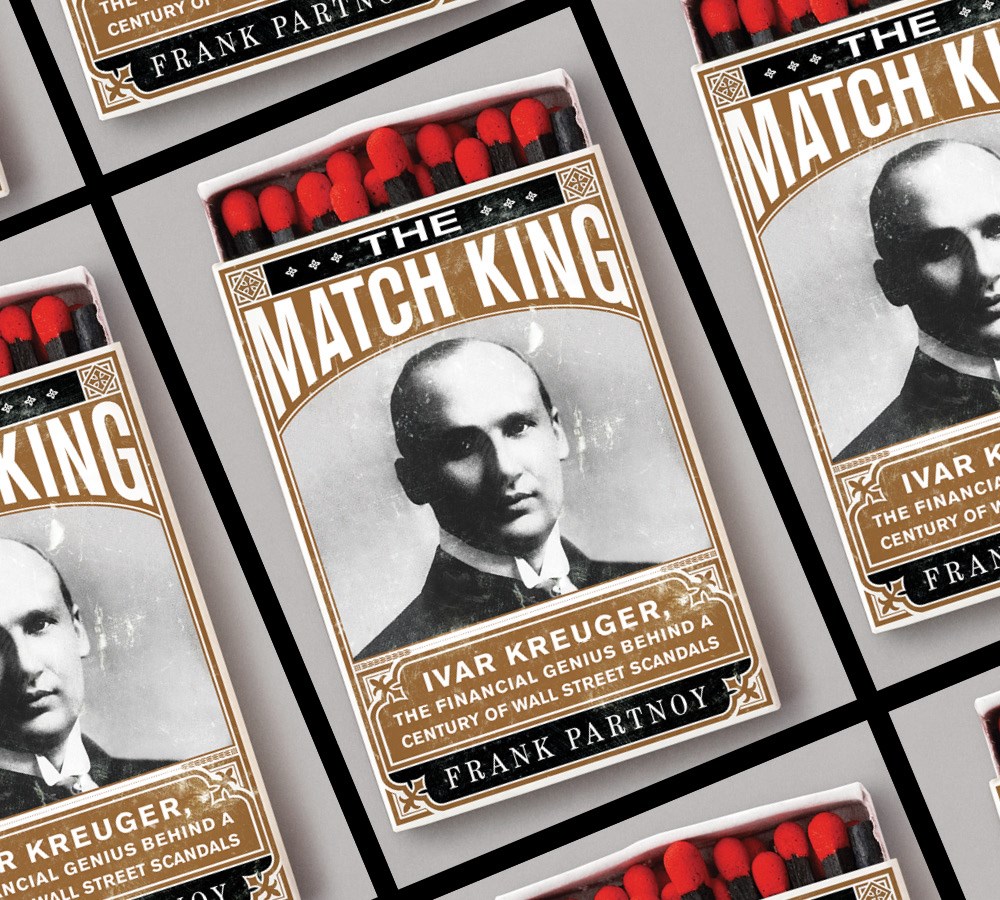
Category Winner
Biographies & Narratives
The Match King: Ivar Kreuger, the Financial Genius Behind a Century of Wall Street Scandals by Frank Partnoy | PublicAffairs
In The Match King, Frank Partnoy brings Ivar Krueger, the match king, and an exciting (though terrifying) time to live. We learn how he cornered the market on matches in his native Sweden and using "creative" accounting was able to ride that success to riches beyond belief until the market collapsed and so did his house of cards. So brilliant is Partnoy's portrayal that I wanted to keep reading the book even as I walked to my car from the office at night. A great story told well—there is nothing better.
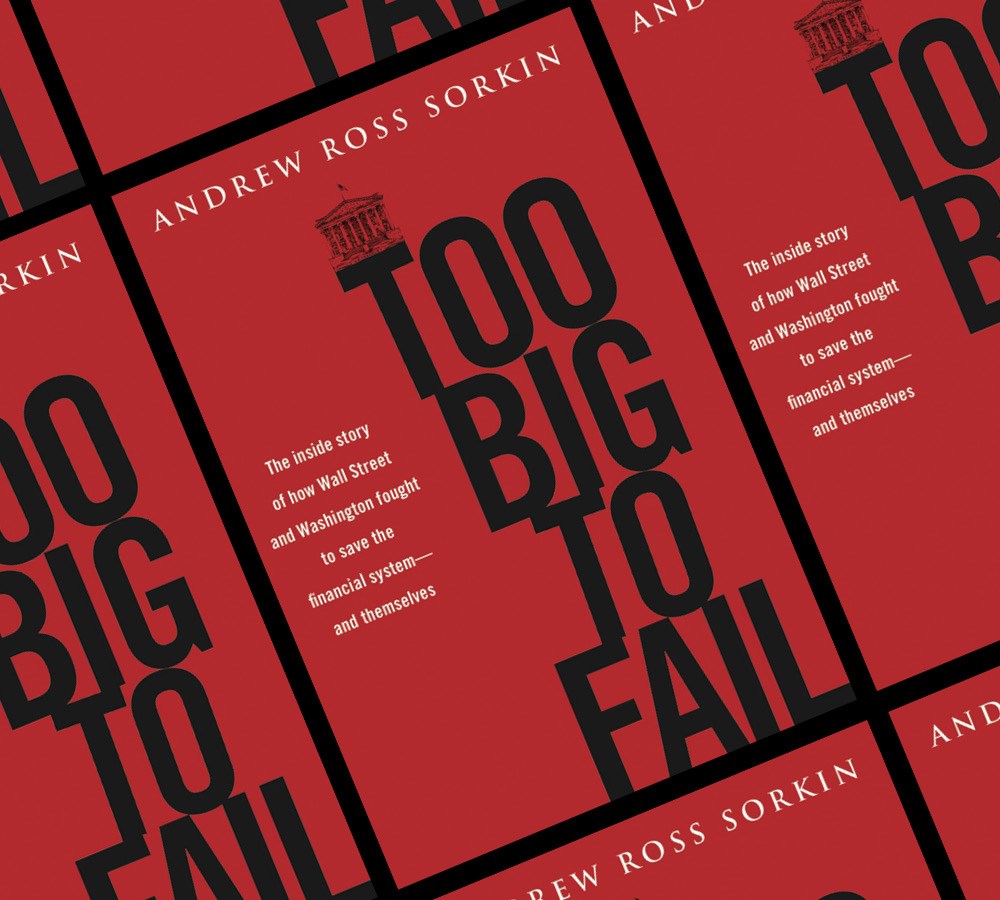
Category Winner
Current Interest
Too Big to Fail: The Inside Story of How Wall Street and Washington Fought to Save the Financial System—And Themselves by Andrew Ross Sorkin | Viking Books
How could we not pick a book on the financial crisis to lead the Current Interest category this year? And if we are going to pick a book on it, how could it not be this one? Too Big to Fail is the definitive book on the events leading up to, as well as on the characters involved in, the financial meltdown. In his reporting, Andrew Ross Sorkin has managed to weave together an entertaining narrative and recreate a nearly unbelievable sequence of events on Wall Street and in Washington—one that will likely be referenced as long as the topic is studied.
Current Interest | Runners Up
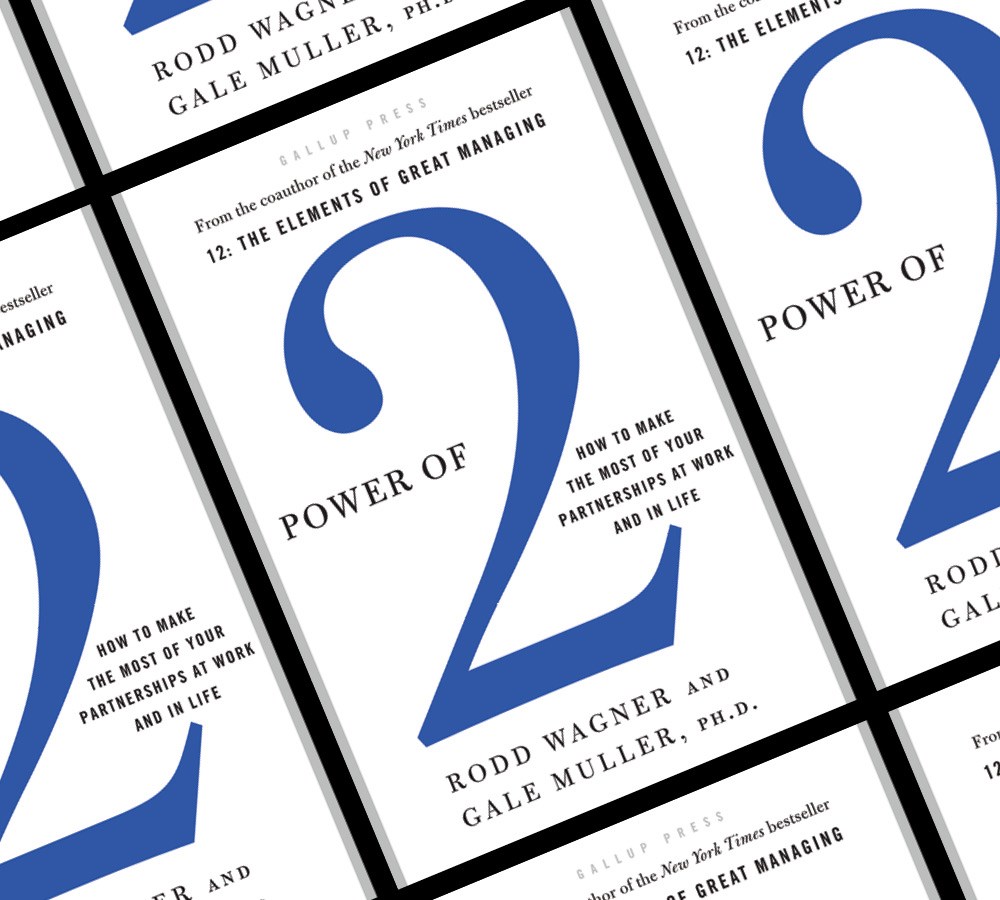
Category Winner
Personal Development
Power of 2: How to Make the Most of Your Partnerships at Work and in Life by Rodd Wagner & Gale Muller, Ph.D. | Gallup Press
Wagner and Muller contend that it is a myth, or a rarity at least, that the best work happens when one heroic person, who is somehow more superiorly gifted than average, wrestles an insurmountable task and wins. Instead, Power of 2 proposes that a great partnership can more reliably produce transcendent work by capitalizing on the strengths of both persons engaged in the venture. It's not a surprise then that Power of 2 was published by Gallup Press, the experts on strengths theory, and it is a pleasure to read a book that encourages collaboration based on strong research and is communicated through enjoyable stories, particularly at time when many people are more often encouraged to "look out for #1."
Personal Development | Runners Up
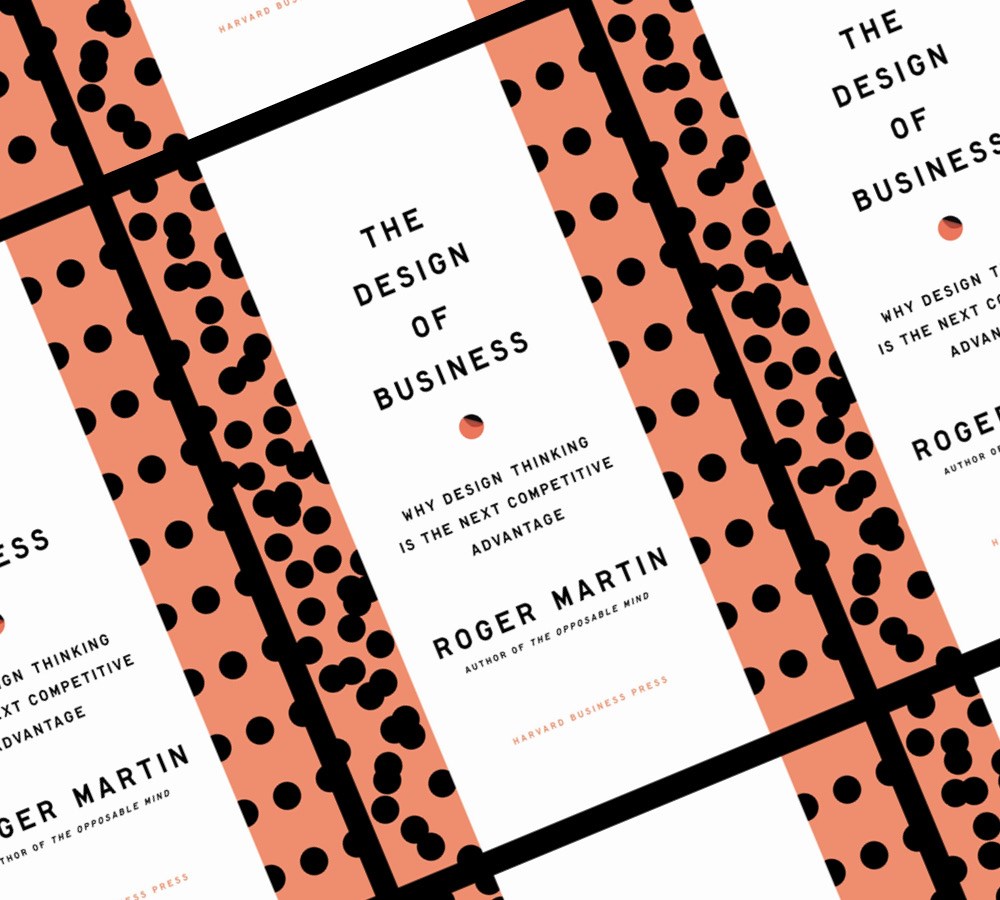
Category Winner
Innovation & Creativity
The Design of Business: Why Design Thinking Is the Next Competitive Advantage by Roger L. Martin | Harvard Business Press
Design thinking is a popular trend in innovation thought this year, and a number of good books submitted to this category offer various and useful treatments. The Design of Business by Roger Martin lays out the most applicable system for integrating design thinking into an organization or applying it to a singular problem. Martin also shows just how design thinking can reside harmoniously with a more analytical or quantitative approach to strategy. Using memorable metaphors, Martin brings his professorial experience to the topic, teaching the uninitiated and the theorist alike this new way of problem-solving.
Innovation & Creativity | Runners Up
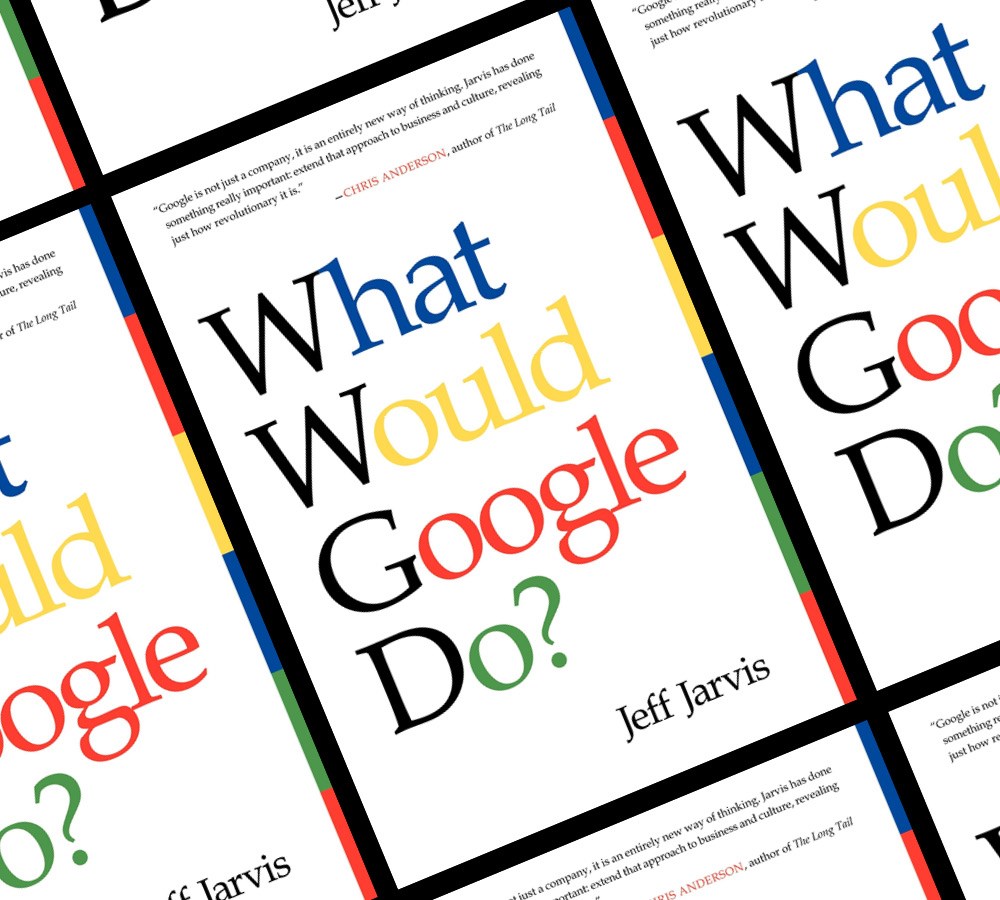
Category Winner
Big Ideas
What Would Google Do? by Jeff Jarvis | HarperBusiness
Don't be confused. This book is not about Google. Jarvis is delivering the virtues of clickable, linkable, searchable, and transparent, using the Internet powerhouse as the metaphor. The thought experiments in the final third of the book (Google Cola, Google Capital, and The United States of Google to name a few) make concrete the ways in which the web is quickly changing what we expect from those who serve us.











![How to Wow: Proven Strategies for Selling Your [Brilliant] Self in Any Situation How to Wow: Proven Strategies for Selling Your [Brilliant] Self in Any Situation](https://cdn.porchlightbooks.com/assets/images/books/0/90/790/1790/9780345501790.jpg?u=638664949625030000&height=400&width=400&mode=max)



















